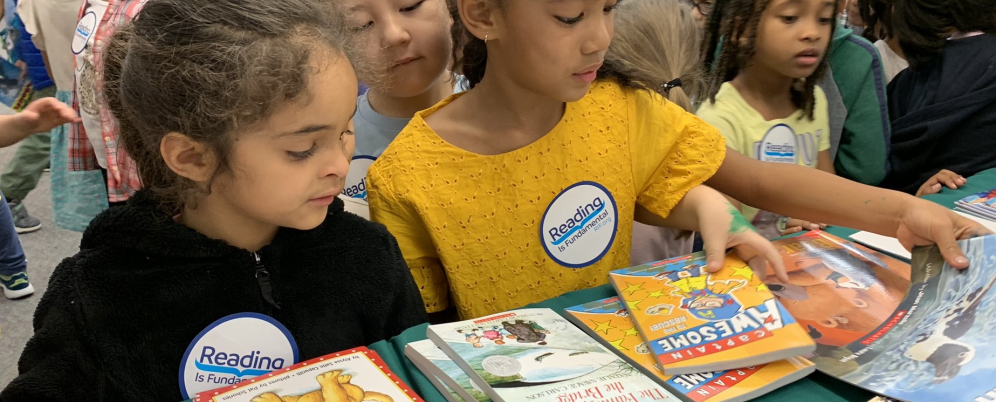Karly O'Brien
Literacy Services Manager


Strega Nona
"Coming from a large pasta-loving Italian family, I always felt as though I could relate to this book. Plus, it always made me laugh!"
Karly O'Brien (she/her) is a certified reading specialist, former educator, and currently works at Reading Is Fundamental as the Literacy Services Manager. She serves as an organization-based resource, demonstrating knowledge of evidence-based foundations of literacy and language and how they relate to RIF's mission. In this role, Karly designs, facilitates, and leads professional learning experiences for the RIF community and programmatic stakeholders. Additionally, she develops and manages the learning materials provided through RIF's e-book platform, Skybrary. During her undergraduate time, she engaged with educational research, specifically looking at the effectiveness of previously research-based practices within classroom contexts. The research is now published in the Journal of Teaching of Psychology. Karly holds a Bachelor of Science in Psychology from James Madison University and a Master of Arts in Curriculum and Instruction with a focus on literacy from The George Washington University.

